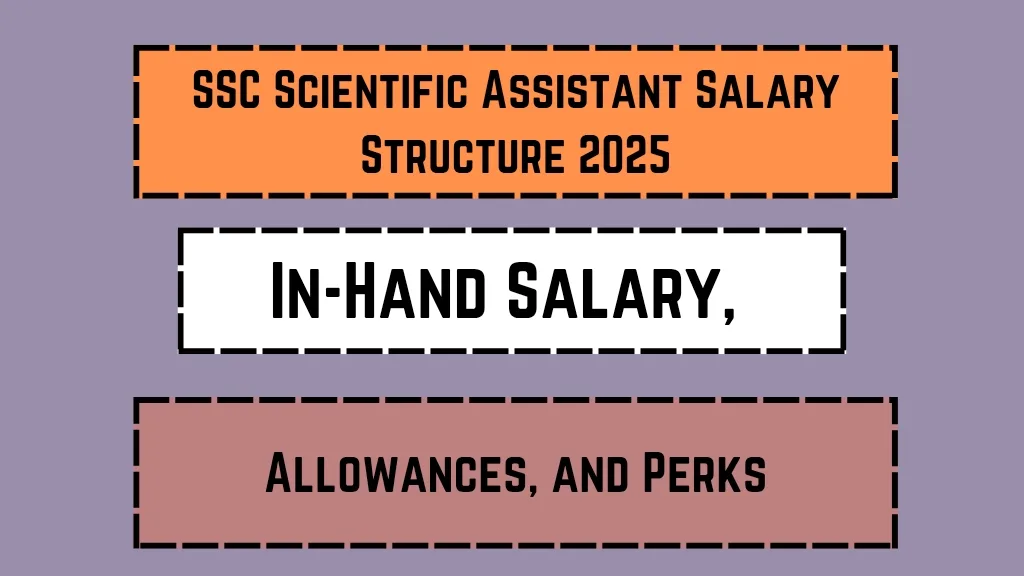Preparing for the JKBOSE 10th Exam 2025 can feel overwhelming, especially when it comes to memorizing vast amounts of information. But what if there was a fun and effective way to make this process easier? Enter mnemonics—a powerful memory tool that can help you retain information faster and for longer periods. Whether it’s historical dates, scientific terms, or mathematical formulas, mnemonics can turn your study sessions into a more engaging and productive experience. Let’s dive into how you can use mnemonics to ace your exams!
Key Highlights 📌
| Point | Details |
|---|---|
| Organization Name | JKBOSE (Jammu and Kashmir Board of School Education) |
| Exam Name | JKBOSE 10th Exam 2025 |
| Purpose of Mnemonics | To simplify memorization and improve recall during exams |
| Types of Mnemonics | Acronyms, visualization, chunking, rhymes, and association techniques |
| Benefits | Saves time, reduces stress, and makes learning enjoyable |
| Best Subjects to Use | History, Science, Geography, and Mathematics |
| How to Start | Identify difficult topics and create mnemonics for them |
| Practice Tips | Revise mnemonics regularly and test yourself |
| Official Website | jkbose.nic.in |
What Are Mnemonics? 🤔
Mnemonics are memory aids that help you remember complex information through simple associations. They can be in the form of acronyms, rhymes, visual images, or even stories. For example, to remember the order of planets, you might use the acronym “My Very Educated Mother Just Served Us Noodles” (Mercury, Venus, Earth, Mars, Jupiter, Saturn, Uranus, Neptune).
Using mnemonics is like creating a mental shortcut. Instead of memorizing long paragraphs, you break down the information into smaller, more manageable chunks. This technique is especially useful for subjects like History and Science, where you need to remember dates, formulas, and terminologies.
Why Use Mnemonics for JKBOSE 10th Exam 2025? 🎯
The JKBOSE 10th Exam 2025 covers a wide range of subjects, each requiring a different approach to learning. Here’s why mnemonics can be your secret weapon:
- Boosts Retention: Mnemonics help you store information in your long-term memory, making it easier to recall during exams.
- Saves Time: Instead of repeatedly reading the same material, mnemonics allow you to learn faster.
- Reduces Stress: When you know you can remember key points, you’ll feel more confident and less anxious.
- Makes Learning Fun: Creating rhymes or funny associations can turn a boring study session into an enjoyable activity.
Types of Mnemonics You Can Use 📚
There are several types of mnemonics, and choosing the right one depends on the subject and your personal preference. Here’s a breakdown:
| Type | Description | Example |
|---|---|---|
| Acronyms | Using the first letters of words to form a memorable word or phrase. | VIBGYOR for colors of the rainbow. |
| Visualization | Creating mental images to associate with information. | Picture a giant clock to remember time zones. |
| Chunking | Breaking down large information into smaller groups. | Remembering a phone number as 123-456-7890. |
| Rhymes | Using rhyming words or phrases to remember facts. | “Thirty days hath September…” for month lengths. |
| Association | Linking new information to something you already know. | Associating Gandhi with non-violence. |
How to Create Effective Mnemonics 🛠
Creating mnemonics is a skill that improves with practice. Follow these steps to make your own:
- Identify Difficult Topics: Start by listing the topics you find hardest to remember.
- Choose a Mnemonic Type: Decide whether an acronym, rhyme, or visualization would work best.
- Make It Personal: Use humor, emotions, or personal experiences to make the mnemonic stick.
- Keep It Simple: Avoid overcomplicating the mnemonic. The simpler it is, the easier it will be to recall.
- Practice Regularly: Revise your mnemonics frequently to reinforce them in your memory.
Examples of Mnemonics for JKBOSE 10th Exam 2025 📝
Here are some subject-specific examples to inspire you:
History
- Mughal Emperors: Use the acronym “BHAJSA” for Babur, Humayun, Akbar, Jahangir, Shah Jahan, and Aurangzeb.
- Important Dates: Remember “1947” (India’s independence) by associating it with your grandparents’ stories.
Science
- Periodic Table: Use “Happy Henry Lives Beside Boron Cottage” for the first few elements (H, He, Li, Be, B, C).
- Photosynthesis Formula: Think of “CO2 + H2O → C6H12O6 + O2” as “Plants breathe in CO2 and breathe out O2.”
Mathematics
- PEMDAS: Remember the order of operations with “Please Excuse My Dear Aunt Sally” (Parentheses, Exponents, Multiplication, Division, Addition, Subtraction).
Tips to Maximize the Use of Mnemonics 🚀
- Combine Techniques: Use a mix of acronyms, visualization, and rhymes for better results.
- Test Yourself: Regularly quiz yourself to ensure the mnemonics are working.
- Share with Friends: Teaching others can reinforce your own memory.
- Stay Consistent: Make mnemonics a part of your daily study routine.
Common Mistakes to Avoid ❌
While mnemonics are incredibly helpful, there are a few pitfalls to watch out for:
- Overloading Information: Don’t try to create mnemonics for every single detail. Focus on key points.
- Using Complex Mnemonics: If the mnemonic is harder to remember than the actual information, it defeats the purpose.
- Not Revising: Mnemonics need repetition to stick. Don’t create them and forget about them.
Nisha Joshi is an education content writer specializing in exam results and admit cards. With a Master’s in History and 5+ years of experience, Nisha loves crafting detailed and accurate content. She enjoys exploring historical sites.







